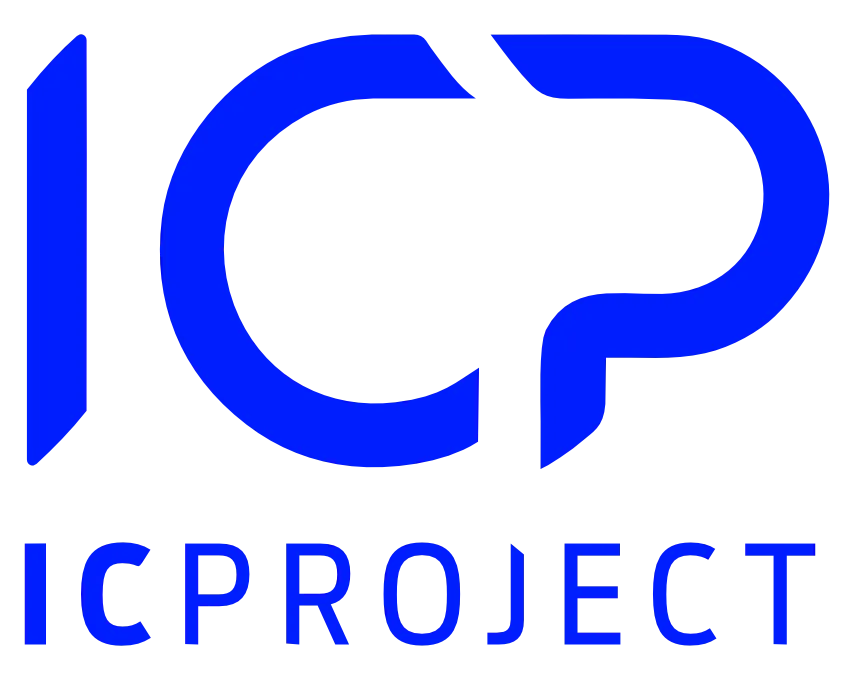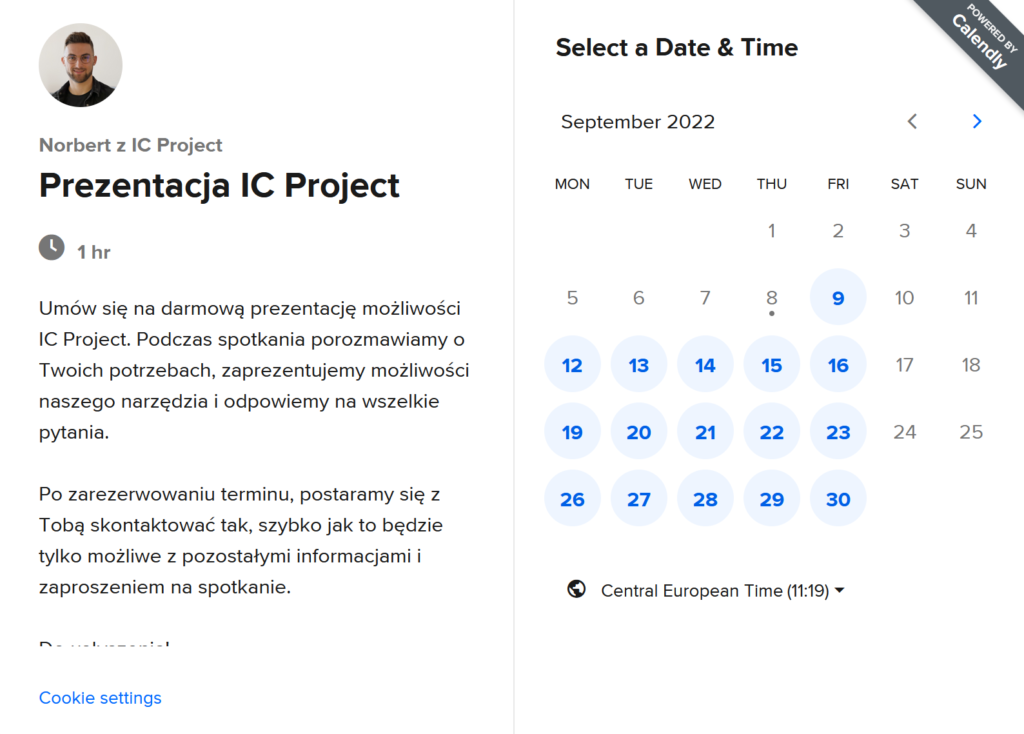Every conscious project manager seeks his or her personal development, new skills, further competences, in order to become better and better at their trade. With so much competitiveness on the market, an effective project manager is a real treasure for any company. So where can a project manager learn from? Where to look for inspiration, knowledge and skills to make a project manager improve his or her competencies? In this article, we take a look at the personal development of a project manager and analyse opportunities for pesonal development.
Make a map of your own strengths and weaknesses – start personal development with this.
As you know, you don’t start a project without a schedule or a proper plan. The situation is the same with project manager education, which will not necessarily be effective if you do not prepare a certain plan for the process. To do this, you need a map of your good and weak points. Think about what you do well, what we can identify to an average level and what is your weakness. Try to work it all out visually for yourself so that you have a full overview of your own situation. If you do this, we can call it a map of yourself, you will then see your managerial competence from the other side. It’s extremely important to have a starting point and make a proper learning plan.
If you are looking for a suitable tool to help you with the mapping process, we strongly recommend Miro, which you can use as a virtual board. List the points for yourself, colour-code them, use perhaps a template and take a look at your skills as a whole. As you do this, consider which aspects you want to work on and which can wait for a later stage of your personal development. At this point, it is also worth deciding on your personal development path as a project manager. Importantly, you need to approach the whole process comprehensively and without any preconceptions. Many competences in which we do not feel comfortable indirectly get overlooked, and this is a big mistake. If you want to be a better project manager, you need to balance your comfort zone – staying in it sometimes and stepping outside it more often.
Use the power of social media – #projectmanagement
Social media is a huge learning opportunity. Use the special hashtag #projectmanagement to keep up to date with all new information, articles or interesting facts about the world of project management. Remember that social media opens up specific avenues to further places on the internet, such as specialist or expert articles. By following new information under this hashtag on Linkedin, for example, you can quickly find something interesting, sometimes even out of the ordinary. And I guess that is what we are looking for in the art of project manager personal development?
When using social media and the possibilities of the internet, don’t just close yourself off to Poland, as this can be a very big mistake. Many expert articles or new trends come from global experts, and you will get these materials on the international internet. Unfortunately, it will probably not be translated into Polish. Therefore, it is definitely worth looking for interesting facts further afield than in Poland, and the current internet possibilities allow for a lot in this regard. What else in social media?
Linkedin, Linkedin, Linkedin. We are real fans of this social media platform, which is extremely informative and offers direct access to the knowledge of real experts. If you want to keep up to date with the world of project management, build a contact base of project management professionals and practitioners. Every project manager has a wealth of experience, his or her own thoughts and in most situations will be happy to talk or share knowledge. Many experts publish a variety of interesting information on a regular basis, which can be a great source of new knowledge for you. Let’s go.
Project manager’s source of knowledge from books and podcasts
It comes as no great surprise here that books are worth reading. There are many books on the market about project management, but also books specialising in particular fields or industries. You don’t necessarily need to read strictly about project management, and you can focus, for example, on good practices in team management, prioritisation or psychology. These are all important components of project management as a whole. Remember that sometimes it’s worth going into the details, because the details build the effects for the whole. For our part, we recommend the 10 best books about project management. These are recognised and highly rated numbers, so you certainly won’t be disappointed.
The second extremely valuable resource for any project manager is podcasts. There’s no fooling ourselves, but podcasts have been growing enormously in their reach in recent years, and more and more substantive podcasts are appearing on the market that are simply worth listening to. Of course, we have to leave a recommendation for the I See Project podcast, in which Norbert Sinkiewicz and Dawid Świątkiewicz regularly take on extremely interesting topics from the world of project management. A lot of factual information, different approaches and strategies that can certainly inspire. Remember that it is also worth seeking out business podcasts in general, not just project podcasts. This will create a mindset of skills and competencies from a business background, which is important in today’s world.
Networking – meet professionals and make valuable contacts.
Networking is quite a specific process of getting to know each other, which some people love and others hate. Well, it’s the same with many aspects. We, however, believe that networking is a great source of gaining valuable contacts. Especially if you want to get into the industry, talk to interesting people or exchange experiences. That’s what networking was created for. Everyone comes to these types of meetings with a similar purpose, so they are open to conversation. Your level of advancement or knowledge doesn’t matter here, just talk, meet people and keep in touch.
Well, it is this last aspect that is very important, because networking should be linked so that something remains afterwards, apart from your own experience. Nowadays, in the business world, it definitely works to exchange profiles on Linkedin to be able to connect after networking in an online form. It’sdefinitely worth doing this, as we always have limited stationary opportunities, but we are active on social media on a regular basis. So let’s use what we have on a daily basis. Let’s build a base of contacts from networking.
Mentoring – sink or soar?
Mentoring is an extremely valuable resource for project managers, enabling them to grow professionally, gain valuable skills and improve as a project manager. A mentor, who is an experienced project management professional, can impart not only theoretical knowledge but also practical insights and tips based on personal experience. Mentoring is an increasingly popular method of acquiring knowledge on the Polish market.
One of the main benefits of mentoring for a project manager is the opportunity to learn from the mentor through observation and practical action. A mentor with extensive project management experience can share proven strategies, techniques and tools that have contributed to their professional success. This enables you to quickly learn new skills and develop your competencies in a practical way. And above all, practice is what sets mentoring apart.
In addition, a mentor can provide valuable guidance on the soft aspects of project management, such as leadership, interpersonal communication, relationship building or conflict resolution. Receiving feedback from a mentor allows the project manager to gain a better understanding of their strengths and areas for personal development, creating opportunities for continuous improvement.
Apprenticeships, volunteering and working – why can this be the most effective resource for a project manager?
No theory can replace practice. This is an old truth that has a bearing in many areas of life. Therefore, in the art of developing a project manager, work is extremely important. You can always educate yourself in a theoretical form by attending courses, reading books, but you must be able to use the knowledge you acquire in theoretical form in practice. And it’s worth having the right environment for this, which is simply project management. If you are at the beginning of your professional path in the world of project management, we strongly recommend an internship or volunteer approach. There are many organisations, even typically project-based ones, that need volunteers (we recommend PMI!). This will allow you to work in a project environment, learn from others and make project decisions in practice. This is an extremely important aspect in learning and improving your own competences.
Going forward, look at an internship – paid or even unpaid. At this stage, you need to treat it as an investment in yourself that will pay off in the future. Try to find an experienced team that runs complex and advanced projects. If you manage to get an internship with such a team and get inside these projects, you are a winner. There is no better source of knowledge than peeping at the best in their trade. And then, of course, at the end of this hierarchy we have traditional work. If you are a more experienced person, able to lead projects and manage a team, make sure you have a real good project management environment. Remember that any job will be much better than a mere theoretical education. Practice will play a key role here.
The art of Project Manager development is to constantly seek inspiration, knowledge and skills that contribute to project management success. It is critical to draw on a variety of sources, such as industry literature, training, mentorship, professional organisations and social media, which provide valuable information and support. By developing in these areas, the Project Manager can strengthen his or her competencies, broaden his or her perspective and continuously improve his or her skills, all of which contribute to effective and successful project management.







